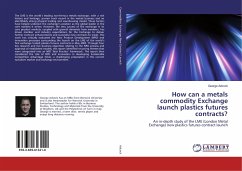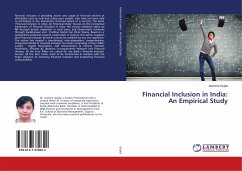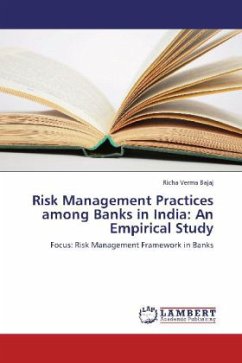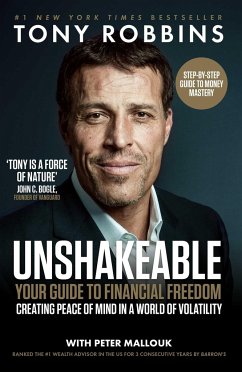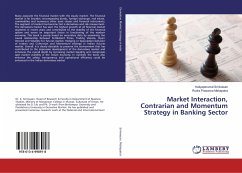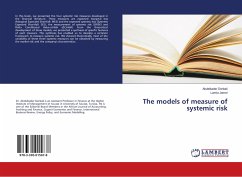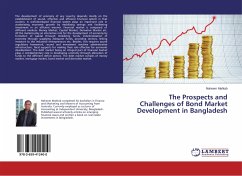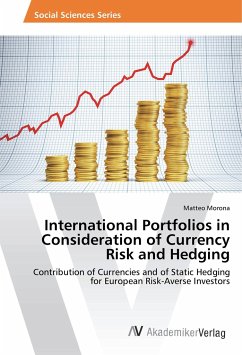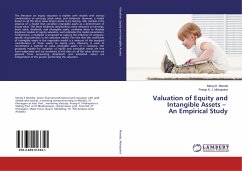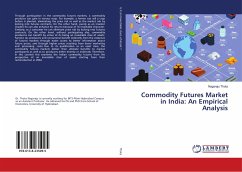
Commodity Futures Market in India: An Empirical Analysis
Versandkostenfrei!
Versandfertig in 6-10 Tagen
43,99 €
inkl. MwSt.

PAYBACK Punkte
22 °P sammeln!
Through participation in the commodity futures markets, a commodity producer can gain in various ways. For example, a farmer can sell a crop before it planted, eliminating the price risk as well as the market risk by locking into futures contracts. On the other hand, purely as an investor (trader) he can also enhance his returns because of its investable character. Similarly, as a consumer he can eliminate price risk by locking into futures contracts. On the other hand, without participating also, commodity producers can benefit by virtue of its being an investable class of assets. Farmers (as...
Through participation in the commodity futures markets, a commodity producer can gain in various ways. For example, a farmer can sell a crop before it planted, eliminating the price risk as well as the market risk by locking into futures contracts. On the other hand, purely as an investor (trader) he can also enhance his returns because of its investable character. Similarly, as a consumer he can eliminate price risk by locking into futures contracts. On the other hand, without participating also, commodity producers can benefit by virtue of its being an investable class of assets. Farmers (as producers and consumers) benefit indirectly from the existence of futures markets through easier access to better information about future prices, and through higher prices resulting from lower marketing and processing costs. Due to its qualification as an asset class, the commodity futures markets deliver their ultimate benefits to market participants as well as to producers either directly or indirectly. Therefore, in this context this examines the Indian commodity futures from the perspective of an investable class of assets starting from their reintroduction in 2004.



